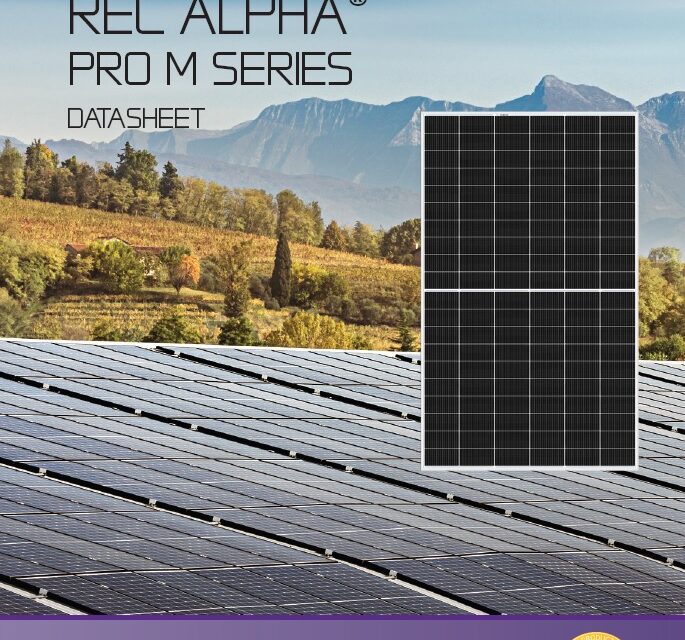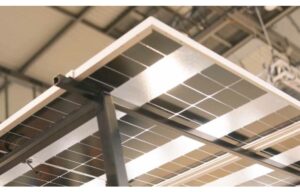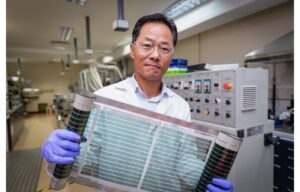- REC Group has launched the latest edition of its Alpha Pro M series HJT module with 22.5% maximum efficiency
- The power ranges offered are 610 W to 640 W eyeing commercial and industrial (C&I) to ground-mounted installations in the US
- The new modules will be mass-produced from its Singapore-based factory starting in August 2024
REC Group, one of the pioneers of the heterojunction (HJT) technology, recently widened its Alpha series HJT module portfolio with the Alpha Pro M series, eyeing the USA market. It’s the 6th series of Alpha HJT technology-based modules it initially launched in 2019.
The new series offers a wide range of high power of 610 W to 640 W with a maximum efficiency of 22.5% suitable for commercial and industrial (C&I) and ground-mounted PV installations. REC has used its in-house Alpha technology-based bifacial HJT cells with a low-temperature coefficient of -0.24%/K, and a high potential of stable energy output even in high-temperature field environments. The 120 half-cut HJT cell-based module design, dubbed REC’s Twin Design, ensures optimized power generation in partially shaded conditions in a portrait configuration, explains the manufacturer.
Along with high power generation capability, the new Alpha Pro M series module, with its extra support bars across the rear side, promises robustness and resilience against extreme environmental stresses like wind load. The module maker offers its standard REC ProTrust warranty of 25 years for the product and 25 years of performance warranty in addition to labor warranties. The company says its module’s 30 mm height thin frame-based sleek design allows optimized packaging and transportation coupled with flexibility in ease of installation, which leads to cost reduction. REC plans to mass-produce these modules at its Singapore-based production site starting August 2024, which complies with the strict environmental, social, and governance (ESG) regulations of the US, such as SEC climate disclosure.
The President of REC Americas, Cary Hayes said, “While high efficiencies will remain the number one criterion for choosing solar panels, longevity and sustainability should be considered if companies are serious about their environmental and social footprint. By choosing REC, customers can be confident that they are investing in products of a company that prioritizes both performance and sustainability.”




